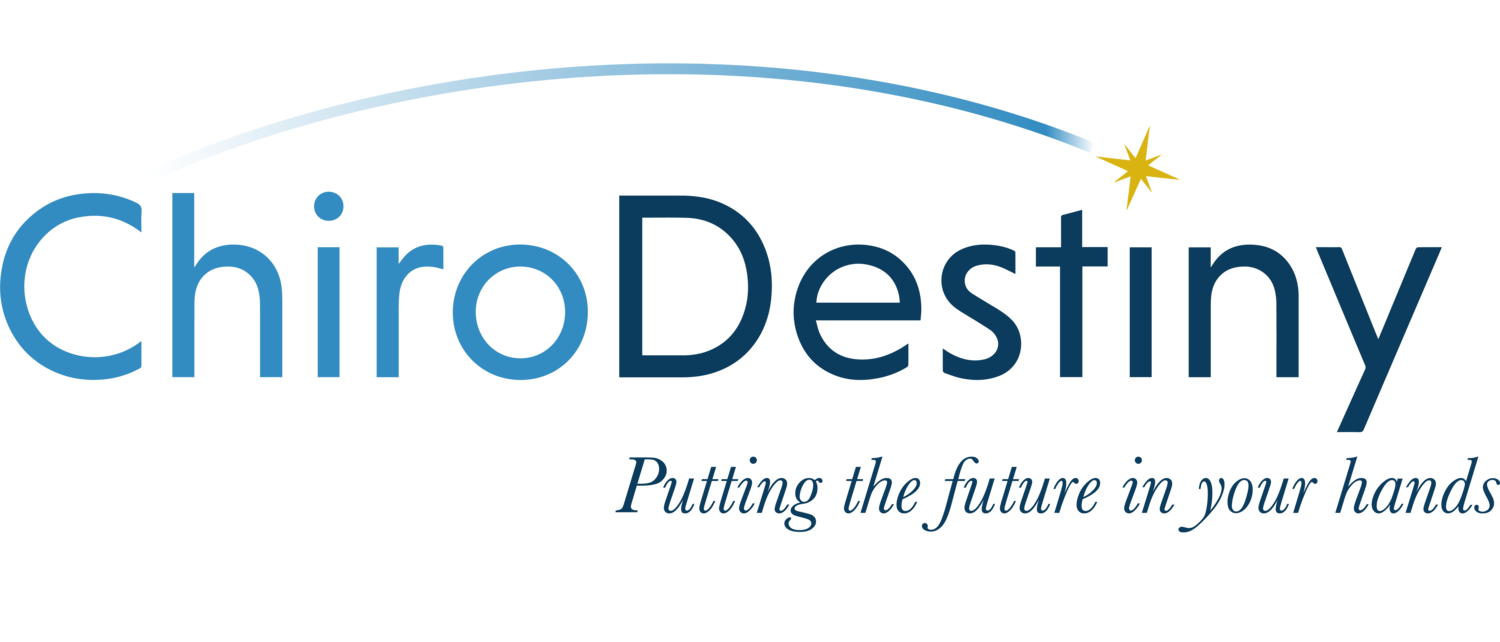There’s no denying that our current situation has been challenging. COVID-19 protocols have required chiropractors to change how things are done in their practices, but the connection between patient and chiropractor is more important than ever. With social distancing and less interaction with patients, one way to stay connected is through Facebook. Here are our tips.
Social Media Best Practices
Social media is is important for any business. It allows your practice to establish a presence, share your knowledge, and connect with current and prospective patients. A few weeks ago we covered why your chiropractic practice needs to be on social media. Managing social media takes more than just creating an account. Here a few tips on social media best practices to help you get started.
Why Your Practice Needs Social Media
Did you know that approximately 2.8 billion people use social media? Whether they are sharing life updates, connecting with friends and family, or finding relevant news, tons of people are on social media every single day. Platforms like Facebook and Instagram were created to grow personal relationships, and chiropractic practices can use them to reach new patients and drive business goals. Read our latest tip on why you need social media to benefit your chiropractic practice.
Spice Up Your Social Media
Pumpkin Spice Latte, anyone? Fall is in full force, and despite the changing colors and Instagram-worthy pumpkin patches, it can be a time when many people checkout from your social media outlets. People are more focused on the start of school and the upcoming holidays, and engagement with your social media followers might start to dwindle. Reinvigorating your social media and keeping your practice’s accounts exciting can help to fight a Fall slump and keep your activity consistent. Here are our tips.
I Don't Get It...
With the modern tools of communication at our disposal, there are fewer and fewer occasions where information is sent through the mail. In the “old days,” if you received correspondence that you didn’t want, you simply threw it away and went on with your life. Now, in the social media generation, if you receive an unwelcome email or read a Facebook post that rubs you the wrong way, you feel compelled to attach an emotional, and commonly biting reply.


